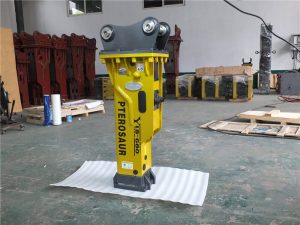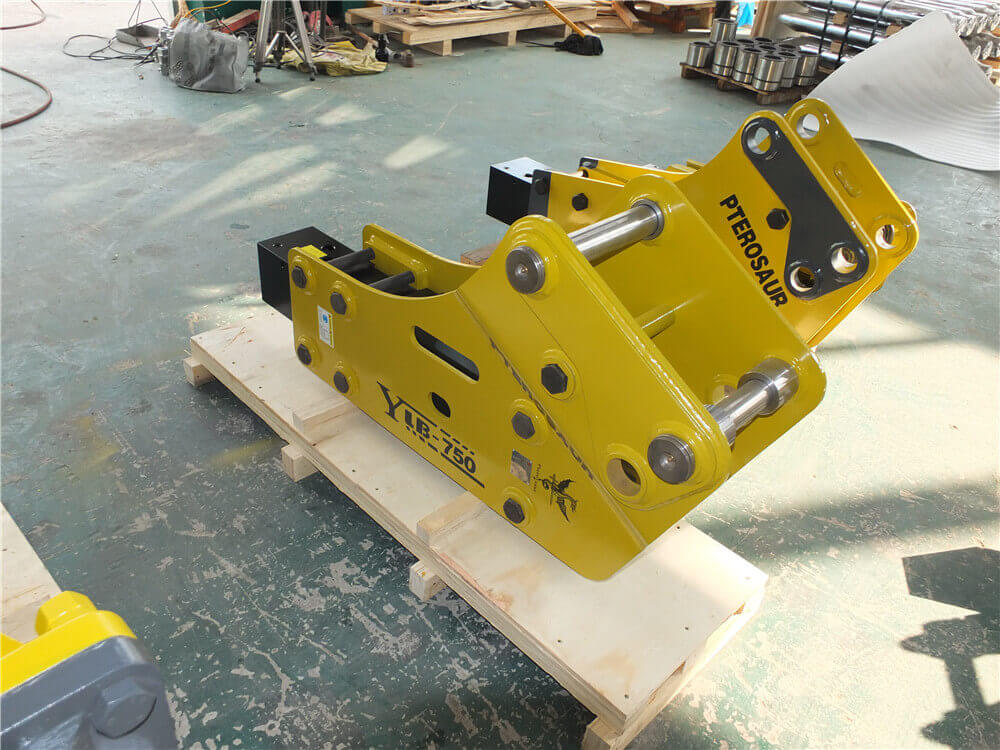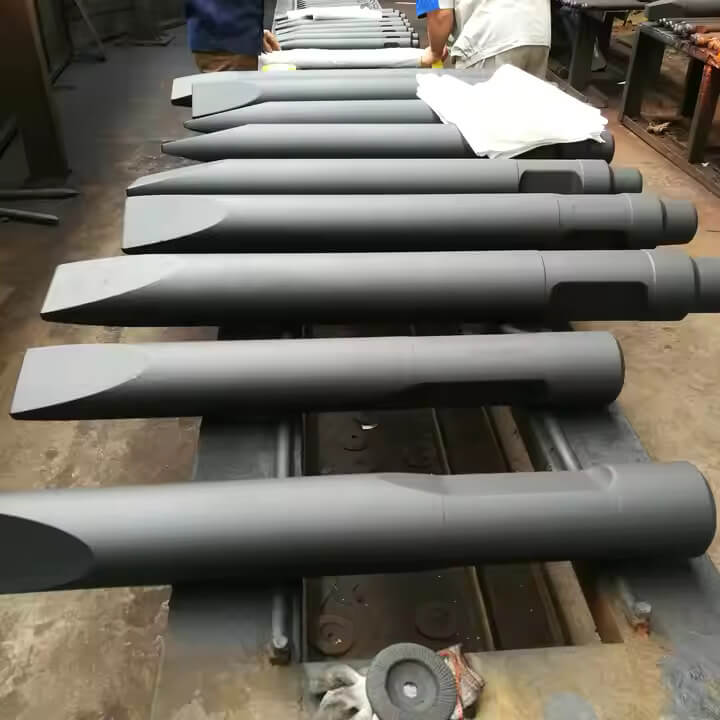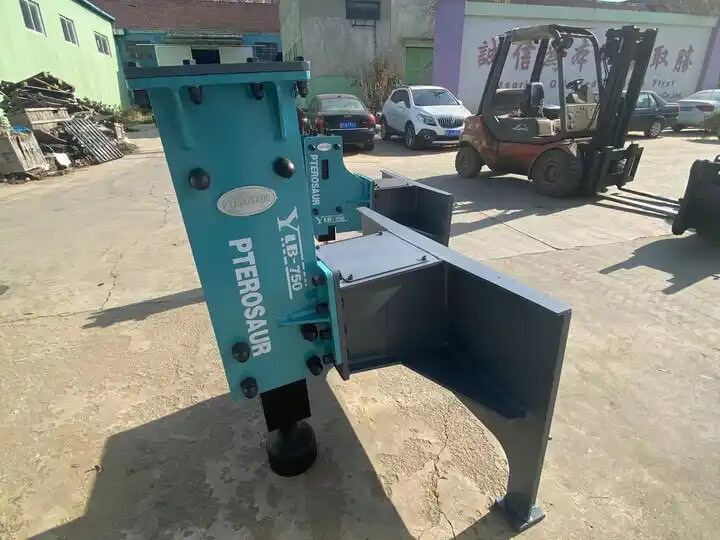Understanding Excavator Hammers: The Essential Tool for Demolition
In the construction and demolition industries, efficiency and power are paramount. One of the key tools that enhance productivity is the excavator hammer, also known as an excavator breaker. This powerful attachment is designed to tackle some of the toughest materials, including concrete, asphalt, and rock.
What is an Excavator Hammer?
An excavator hammer is a hydraulic attachment that fits onto excavators, mini excavators, and other heavy machinery. It operates by delivering high-impact blows to break through hard surfaces, making it an essential tool for demolition and construction projects. The hydraulic system propels a piston inside the hammer, which then strikes the material with significant force. This mechanism allows for efficient breaking and demolition without the need for manual labor or explosives.
Types of Excavator Hammers
There are various types of hydraulic hammers available in the market, each designed for specific applications:
-
Standard Hydraulic Hammers: These are commonly used for general demolition tasks and are suitable for a wide range of excavators. Brands like Epiroc and Caterpillar offer a variety of models that can fit different machine sizes.
-
Specialized Breakers: Some manufacturers, such as Bobcat and Blue Diamond Attachments, provide specialized breakers designed for unique tasks or materials. These can include features like anti-blank firing systems and variable stroke settings.
-
Mini Excavator Hydraulic Hammers: For smaller jobs or compact loaders, mini excavator hammers are available. These attachments are lightweight yet powerful enough to handle concrete demolition and rock breaking efficiently.
Choosing the Right Excavator Hammer
When selecting an excavator hammer, it is crucial to consider several factors:
-
Compatibility: Ensure that the hammer is compatible with your excavator’s hydraulic system. Different models have varying oil flow requirements and operating pressures.
-
Weight and Size: The weight of the hammer should match the capacity of your excavator. Using an oversized hammer can lead to equipment damage and inefficient performance.
-
Application: Consider the specific tasks you will be tackling. Some hammers are better suited for demolition, while others may excel at rock breaking.
Benefits of Using an Excavator Hammer
Using an excavator hammer comes with numerous advantages:
-
Increased Efficiency: Hydraulic hammers significantly reduce the time required to demolish hard surfaces compared to traditional methods.
-
Versatility: These attachments can be used in various applications, from road repair to site preparation, making them a valuable addition to any construction fleet.
-
Safety: Utilizing a hydraulic hammer minimizes the risk of accidents associated with manual breaking methods, enhancing job site safety.
Conclusion
The excavator hammer is an indispensable tool for professionals in construction and demolition. By understanding the different types available, selecting the right hammer for your needs, and recognizing the benefits they provide, you can enhance your operational efficiency and tackle projects with confidence. Whether you are breaking concrete, asphalt, or rock, investing in a quality hydraulic breaker attachment is a step towards successful and efficient project completion.




































